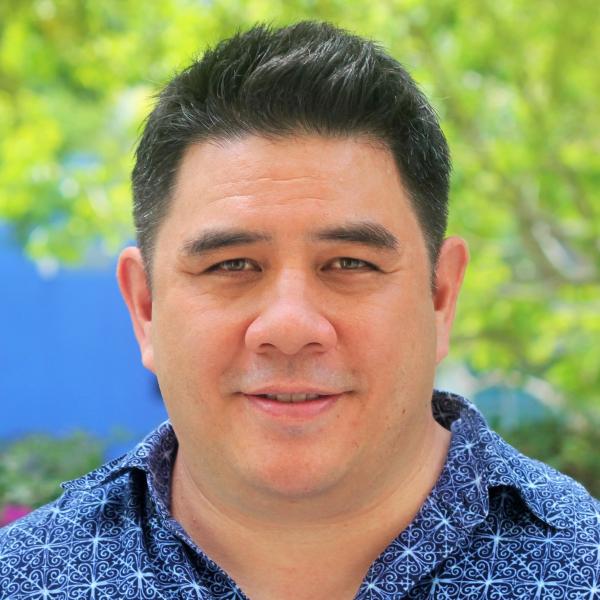The Center for Southeast Asian Studies organizes and sponsors a number of events such as lectures, film screening, workshops, symposia, conferences, exhibits, and performances throughout the year. Several of these events are in collaboration with other U-M units, and are often free and open to the public. To see what we have planned for this semester, please visit our 2020 Lecture Series page.
CSEAS Friday Noon Lecture Series. Narrating Change in Contemporary Myanmar: Media, Advocacy, and Scholarship
Maitrii Aung-Thwin, National University of Singapore
The study of Asia’s epistemological construction has been an intellectual priority of the field, an ongoing project that has enabled generations of scholars to recognize its discursive features, map its various modes of knowledge production, and identify the networks that have been crucial to its shaping. For the field of Southeast Asian studies, this objective has been embedded in our methodology, a founding principle that has led us to amplify regional worldviews, reconfigure our vectors of approach, and emphasize the agency of indigenous actors and internal dynamics. Scholars seeking to explore the mechanisms of local community formation, understand the varying bonds of collective action, or appreciate political vernaculars have often turned to the media in order to understand these Southeast Asian experiences. Media content constitute an important genre in the broader delineation of the region.
These corrective currents have influenced the study of Myanmar significantly, with considerable energy focused on important critiques of colonial and postcolonial state narratives. Conventional portrayals of post-independence Myanmar have been framed by international media and advocacy campaigns launched in the late 1980s to compensate for the lack of domestic media space, becoming the dominant perspective associated with the country and its “long” transition. This presentation examines this narrative and identifies the role and variances amongst international, Asian, and domestic media in how contemporary events in Myanmar have been understood. By identifying links amongst media, advocacy, and scholarly renderings of Myanmar, it also raises questions concerning the connections amongst these interpretative communities.
These corrective currents have influenced the study of Myanmar significantly, with considerable energy focused on important critiques of colonial and postcolonial state narratives. Conventional portrayals of post-independence Myanmar have been framed by international media and advocacy campaigns launched in the late 1980s to compensate for the lack of domestic media space, becoming the dominant perspective associated with the country and its “long” transition. This presentation examines this narrative and identifies the role and variances amongst international, Asian, and domestic media in how contemporary events in Myanmar have been understood. By identifying links amongst media, advocacy, and scholarly renderings of Myanmar, it also raises questions concerning the connections amongst these interpretative communities.
| Building: | School of Social Work Building |
|---|---|
| Event Type: | Lecture / Discussion |
| Tags: | Southeast Asia |
| Source: | Happening @ Michigan from Center for Southeast Asian Studies, International Institute, Asian Languages and Cultures |


